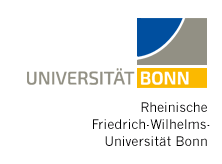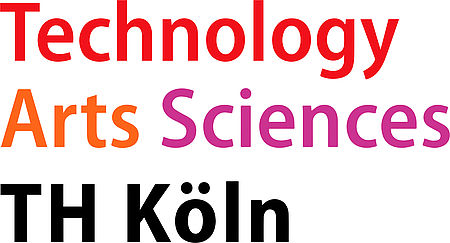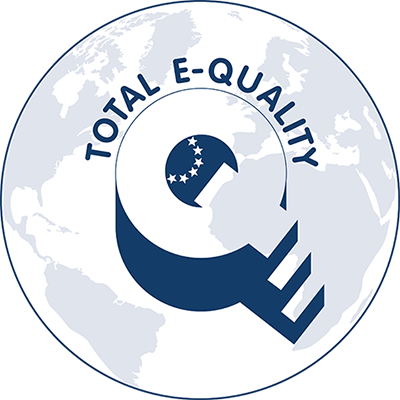#OSF2023DE - inform, join the discussion and get inspired
On July 04 and 05, 2023, the second edition of the German Open Science Festival took place in Cologne.
Under the motto "Meet. Share. Inspire. Care." – adopted from the Open Science Festival in Amsterdam – the festival offered a varied programme of keynote lectures, panel discussions, Ignite Talks, an open Marketplace and numerous workshops with national and international experts from the Open Science community.
The festival is modelled on the Open Science Festival in the Netherlands.
With 160 registrations, the event was completely sold out. Several local partners cooperated in the organisation: the University and City Library of Cologne (USB), the University of Cologne, the Institute for Biomedical Informatics (IMI), the Ageing Research Cluster of Excellence CECAD at the University of Cologne, and ZB MED – Information Centre for Life Sciences, which also celebrated its 50th anniversary with the festival.
The next German Open Science Festival will take place in Mainz 17 and 18 September 2024 - #OFS2024DE.
Open Science Festival 2023: Aftermovie
Documentation Open Science Festival 2023
- Video recordings of the keynotes, panel discussions and Ignite Talks on the ZB MED YouTube channel:
YouTube playlist Open Science Festival 2023
- Presentations and posters in the repository of life science:
publications in the repository
The publications will be successively expanded. The respective links to the publications and video recordings can also be found in the individual programme items.
Programme Open Science Festival 2023
| Keynote July 4 | What ist the meaning of Open Science? Dr. Benedikt Fecher, Geschäftsführer Wissenschaft im Dialog, ORCID: 0000-0002-0982-196X There are various meanings associated with Open Science, ranging from a democratic movement to a neoliberal campaign. These meanings are so contradictory that one could argue that Open Science has no meaning at all. It is worthwhile to reverse the question and examine how meaning emerges through openness. In my presentation, I will explain how these different meanings of Open Science have emerged, introduce a framework for openness as meaning making and explain how adopting this pragmatic approach to Open Science can help shape research in the best interest of both science and society.
|
| Keynote July 5 | Open Research in Practice: Iterating between Ideas, Communities and Societal Impact Dr. Daniel Mietchen, FIZ Karlsruhe - Leibniz Institute for Information Infrastructure und Leibniz Institute of Freshwater Ecology and Inland Fisheries (IGB); ORCID 0000-0001-9488-1870 |
| Panel July 4 | Open Science from global perspectives Nino Pavliashvili, Director of National Science Library of Georgia, Tbilisi/Georgia Héctor Tuy, Academic researcher and Technical Coordinator on climate change adaptation and rural development at GIZ, Guatemala City/Guatemala, ORCID: 0000-0002-5963-6607 Prince Edem Samoh, Researcher and Laboratory Technician at Ashesi University and Open Bioeconomy Lab, Berekuso/Ghana, ORCID: 0000-0003-1786-1416 Moderation: Dr. Eva Seidlmayer, Research fellow at ZB MED, Cologne/Germany, ORCID: 0000-0001-7258-0532 Realizing Open Science does not have the same conditions in all places. How do scientists and communities from different regions contribute to the global knowledge commons and how do they use it? What is the impact of different financial capabilities of scientific institutions, for example with regard to high Open Access article processing charges? And how can we learn from each other about potentials and solutions? With experts from three continents, the panel discussion will focus on perspectives on Open Science from different global angles. We would like to hear from the speakers for what they use open data and open publications and where they see challenges in their context. Also, we will discuss the problem of difficult visa approval for researchers to attend conferences as a obstacle of Open Science. |
| Panel July 5 | Data rush in the wild: Real-life and Real-world data for research Prof. Dr. Oya Beyan, Biomedical Informatics Institute, Medical Faculty, Cologne University and University Hospital Cologne; ORCID 0000-0001-7611-3501 Dr. Daniel Mietchen, FIZ Karlsruhe - Leibniz Institute for Information Infrastructure und Leibniz Institute of Freshwater Ecology and Inland Fisheries (IGB); ORCID 0000-0001-9488-1870 ; Prof. Dr. Ingvill Constanze Ødegaard, GESIS - Leibniz Institute for the Social Sciences; ORCID 0000-0002-5481-3432 Edit Herczog, Director General, Vision & Values; ORCID 0000-0002-2930-5401 Julia Gehrmann, Biomedical Informatics Institute, Medical Faculty, Cologne University and University Hospital Cologne; ORCID 0000-0002-4101-5458 Real-world data is the new oil. If we get it, our research and AI models will outperform the ones designed with less data. However, real-life and real-world data come with many hurdles such as heterogeneity, quality, scarcity, ethical data use, and more. In this panel researchers from different communities will discuss opportunities and challenges along the research data cycle including data collection, sharing, ethics, and interdisciplinary and international cooperation. In our panel, we will host established researchers who have experience in data sharing and reuse, as well as early-career researchers who struggle to use real-world data for their daily work. We will share our experiences and learn from each other.
|
| Ignite Talks | Open Science Success and Horror Stories
|
| Marketplace | Information Marketplace |
| Workshops |
|
Festival Commitee
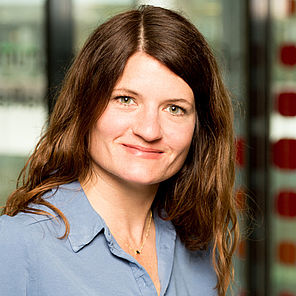


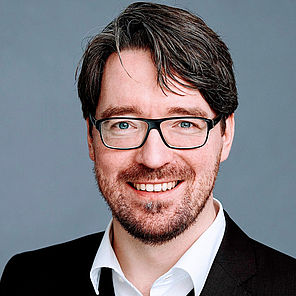
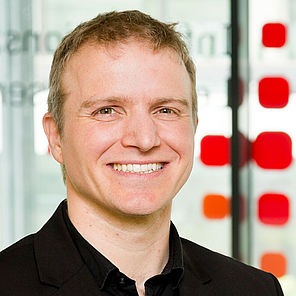

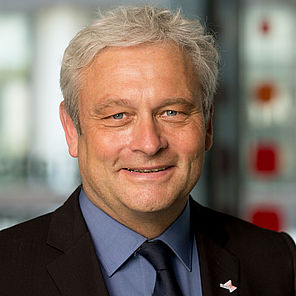
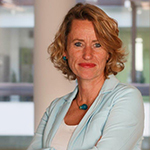
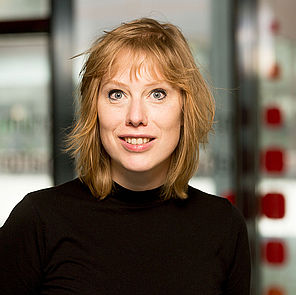
The Open Science Festival is a joint event of:




